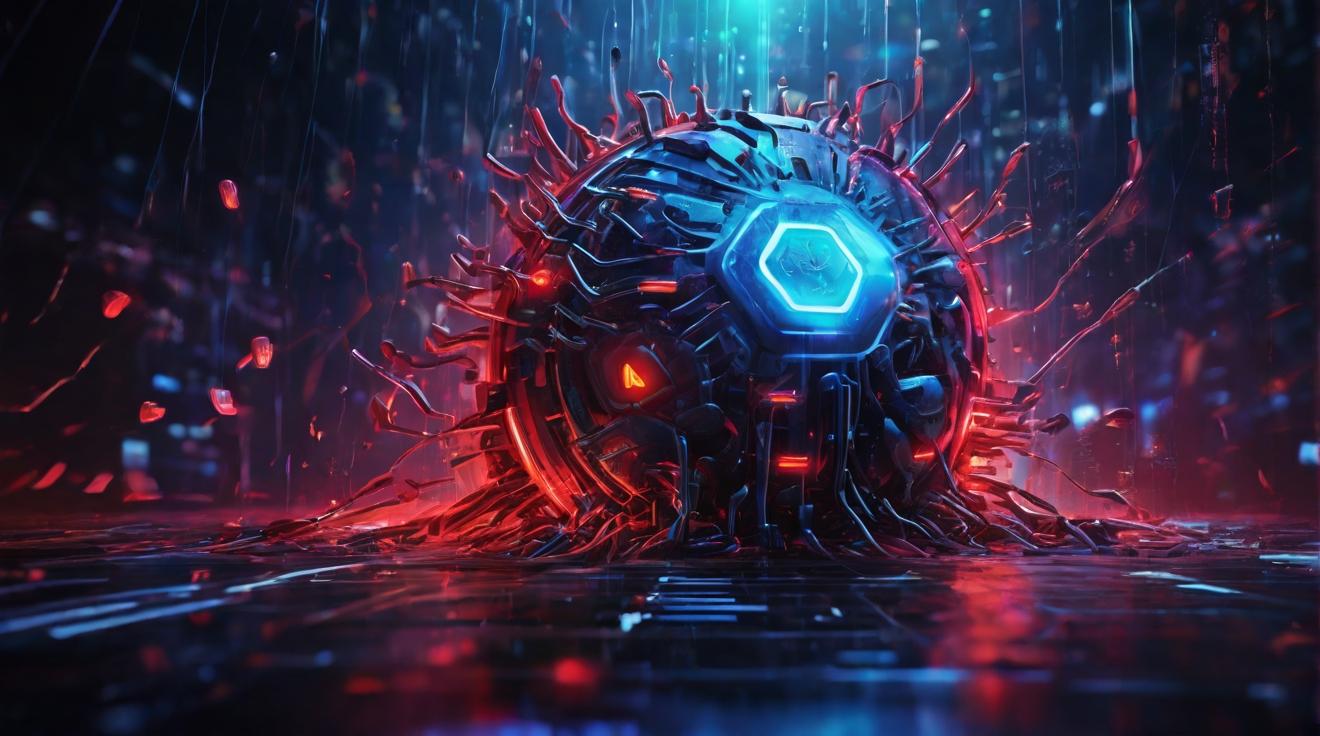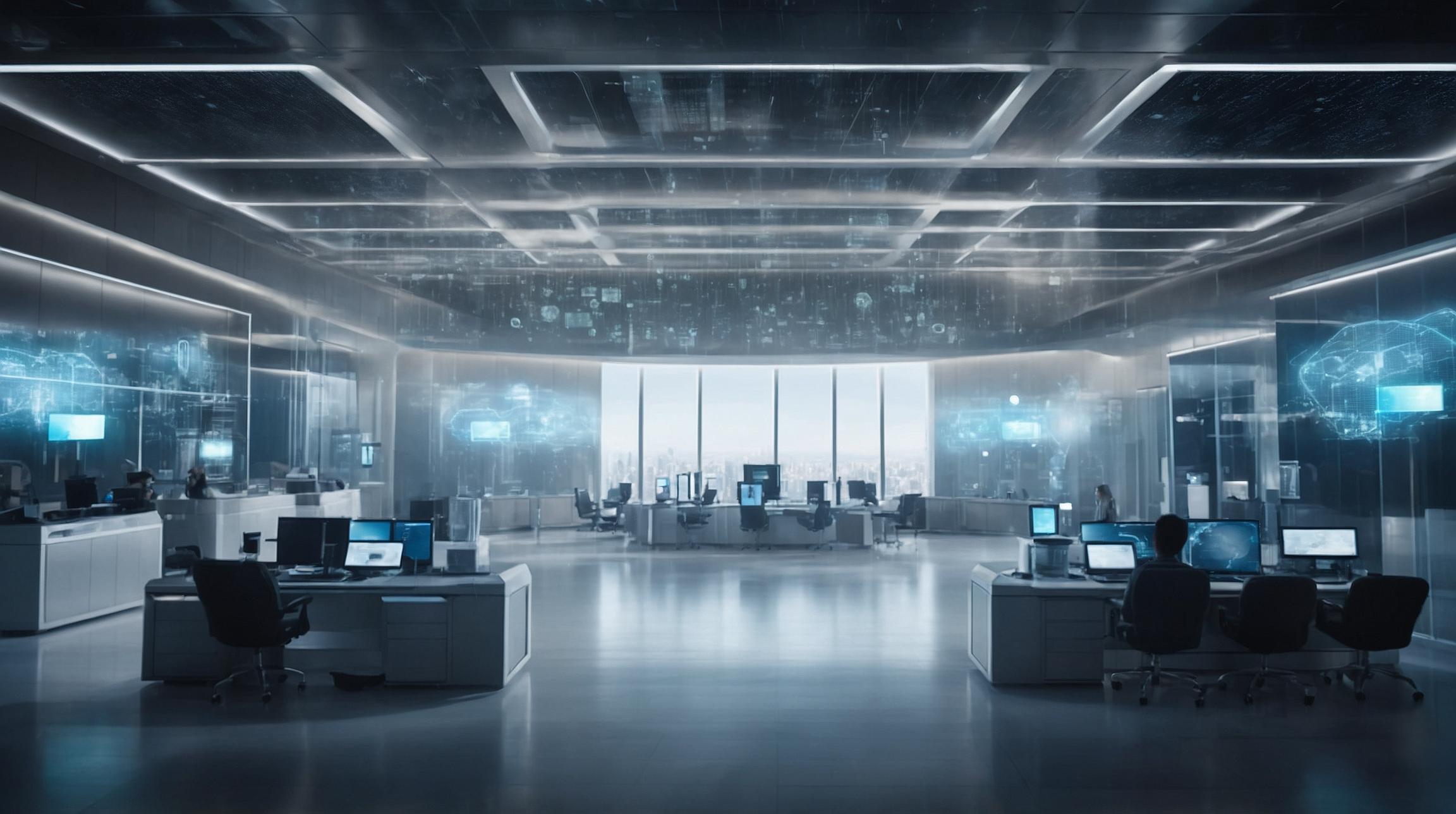Chinese Government-Backed Hackers Utilizing AI in Cyberattacks on U.S. Infrastructure
Key Points:
– FBI alerts Congress about Chinese hackers using AI in cyberattacks on critical U.S. infrastructure.
– Cybersecurity experts warn of escalating cybercrime rates and risks of AI in attacks.
– Companies urged to bolster cybersecurity defenses against sophisticated AI-powered threats.
Cybersecurity Threat Landscape:
Luke Plaster from io.finnet highlights how AI aids hackers in crafting more effective attacks.
Antonio Sanchez from Fortra warns of AI-generated malware targeting internet-connected devices.
Real-life incidents like the Colonial Pipeline hack underscore the potential harm of cyberattacks on infrastructure.
The Evolving Threat of AI in Cyber-Physical Attack Techniques:
Deepfake incident reveals potential dangers of AI-enabled attacks.
Organizations urged to enhance defenses against multifaceted threats.
Challenges in retrofitting outdated systems with basic security controls explained by Patrick Gillespie.
AI as a Defense Tool:
Security teams leverage AI for more effective cyberthreat management.
AI enhances predictive analytics, threat detection, and automates workflows.
Adam Geller from Exabeam highlights how AI aids in identifying patterns in security data and automating patch management for software defenses.
By integrating AI and hyper-automation, organizations can safeguard digital assets, boost efficiency, and tackle evolving threats.
Analyst comment
The news is negative as it highlights the increasing use of AI by Chinese government-backed hackers in cyberattacks on critical infrastructure in the United States, posing significant risks to business operations. As a result, the market for cybersecurity solutions is expected to grow as companies strengthen their cybersecurity measures. Additionally, the article mentions that AI can be a powerful defense tool, suggesting potential market growth for AI-powered cybersecurity solutions. However, retrofitting or redesigning outdated cyber-physical systems may pose challenges and expenses for organizations.













